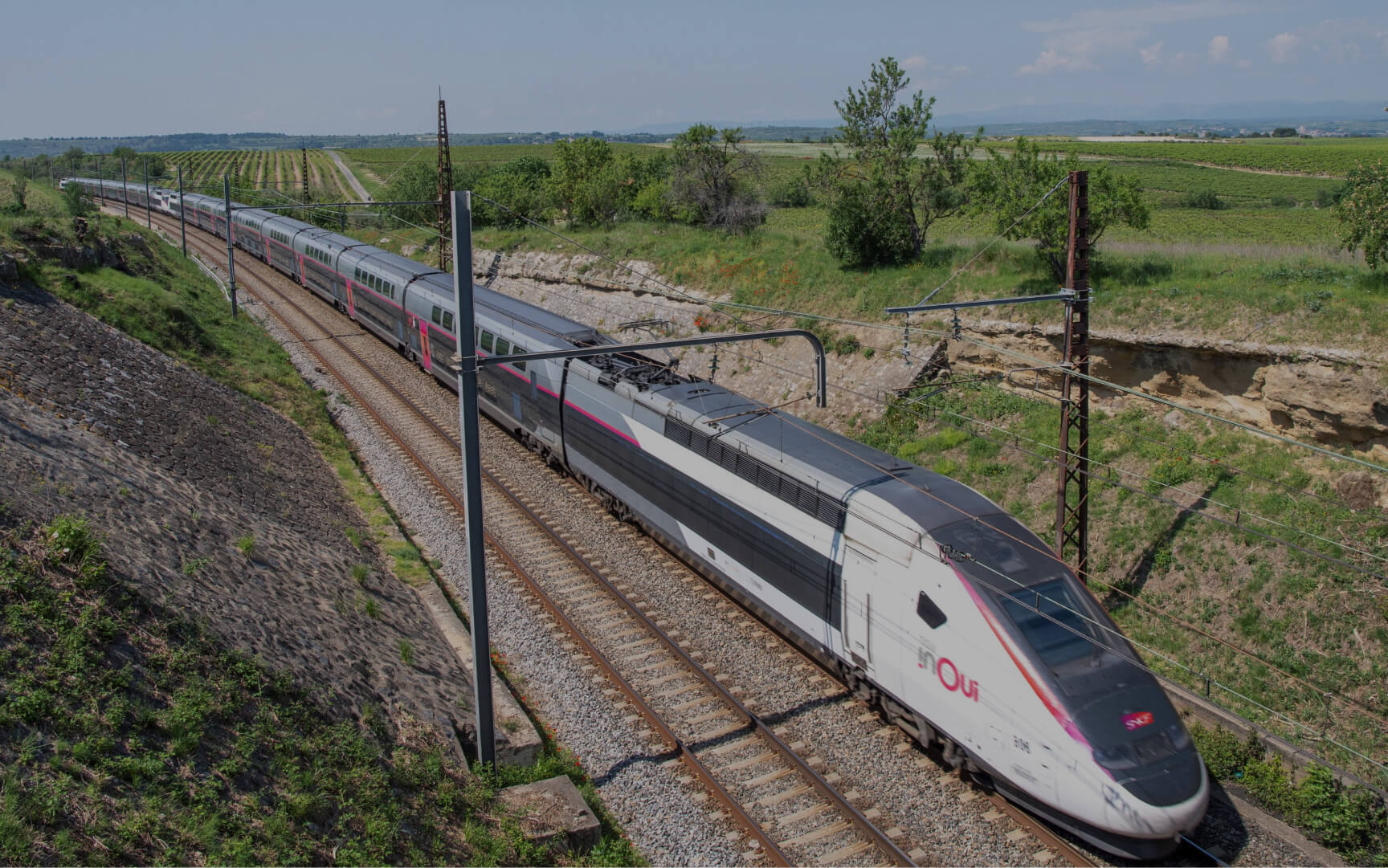The Administrative Court of Bordeaux has given a positive verdict on a petition for interim injunction against the decision of the Prefect of Gironde granting environmental authorisation for the Aménagements Ferroviaires au Sud de Bordeaux (AFSB). Alain Rousset, President of the Nouvelle-Aquitain Region and President of the SGPSO, Christine Bost, President of Bordeaux Métropole, and all the presidents of the SGPSO's member local authorities are delighted that this application has been rejected and that work on the AFSBs can continue for the benefit of low-carbon daily transport.
The local authorities salute the quality of the partnership with the State and SNCF Réseau, which will enable the project to be fully integrated into its territory and its time. The work of thousands of experts in all fields on such a complex site means that the quality of the project and the dossier is undeniable and proven.
This will enable the AFSBs to make progress on what is important for users in an area that is gaining 20,000 inhabitants a year. The aim of these developments is to provide rail infrastructure that will enable more, more reliable and more regular rail services to be offered. This low-carbon everyday transport will help protect the climate, air quality and human health. It should also be remembered that the AFSB project is essential to the efficient implementation of the metropolitan RER.
Delaying the project would penalise tens of thousands of users in their daily mobility, leave cars to congestrate the metropolis and pollute the air, and generate very substantial additional costs for a 100% public project. SNCF Réseau estimates the cost at between €652 million and €964 million, for a suspension of between 12 and 18 months, and a delay of between 2 and 3 years in bringing the line into service.
Alain Rousset, President of the Nouvelle-Aquitaine Region and of the SGPSO public body, said: ‘The decision of the Bordeaux Administrative Court confirms that the Toulouse-Bordeaux-Dax New Line is a positive solution for our region and for the environment. If we want more daily trains and better service for the region, the solution lies in doubling the tracks. The New Line will free up train paths for regional trains and bring high-speed services to the south of the Nouvelle-Aquitaine region from and to Spain, as well as to Occitanie, from and to the Mediterranean and eastern Spain, something that local residents are eagerly awaiting. In this respect, the train is a priority for our region, and I am delighted that this decision reinforces our defence of the railways."
Christine Bost, President of Bordeaux Métropole, said: ‘The environmental authorisation order for the AFSB works definitively launched the improvement of collective, low-carbon daily transport. Let's not forget that linking the North and South of Europe via the South-West by high-speed train is also, and above all, an ecological necessity. Bordeaux Métropole has also developed the AFSB project to optimise the operation of the metropolitan RER and the LGV. Any delay could therefore jeopardise the deployment of the metropolitan RER, which all Gironde residents consider essential for decarbonising everyday mobility. I am therefore delighted that the work will not be delayed.
